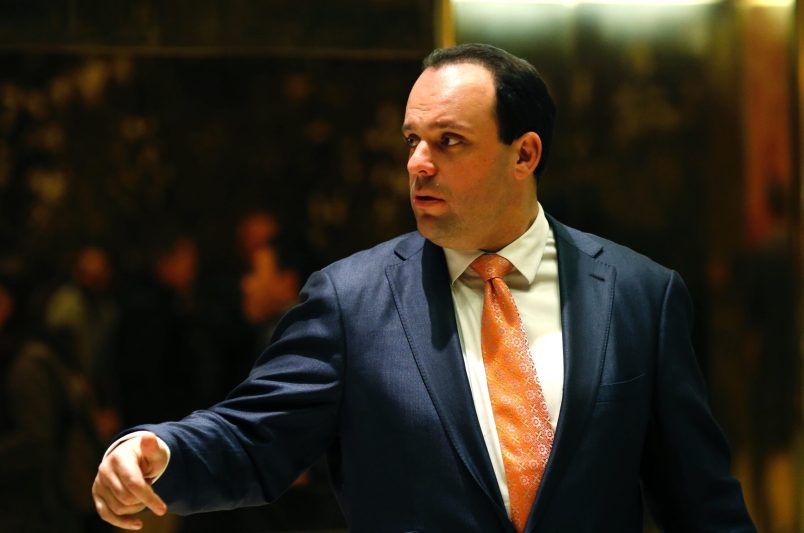We’re two days before the Fourth of July, folks are on vacation, Congress is out of session. It’s slow news day. And yet, something of vast historic scope and proportions is happening in Egypt and I’m going to try to have us narrate the story for you today as it unfolds. On the one hand, it’s a non-violent popular revolt against President Morsi. But it goes way beyond that, not only for Egypt but for the rest of Arab world and less directly the non-Arab Muslim world. It goes to the basic question of whether Islamist parties – here based on the Egyptian Muslim Brotherhood – or ideological kindred movements in other countries can not only come to power through democratic means (which Morsi did, though just barely) but govern with sufficient respect for pluralism that makes sustained democratic government stable and sustainable.
It was Egypt after all that was the true cockpit of the Arab Spring. It began in the Magreb. But it was when Mubarak’s thirty year regime began to teeter that events went from the collapse of autocracies in a couple secondary states to a game changing series of events for the whole region. So what happens in Egypt, which is hugely important in itself, will have huge implications through the region.
This is just a very general overview of what happened over the last 48 hours. I will try to keep it general since while I have a decent amount of general knowledge of the region I’m far from an expert on Egypt or the current situation. So this is what I’ve come up with following people who I do know to be experts and whose opinion I trust.
The big movement over the last day or so has been the slow motion – or perhaps not so slow motion – collapse of the Morsi civilian administration. Not ‘the state’ in the broader sense, but Morsi’s government. The scale of the demonstrations over the last two days seemed to catch everyone by surprise, leading to the pivotal ultimatum issued by the head of the Egyptian Armed Forces, giving the political players 48 hours to come to some sort of consensus and respond to the ‘will of the people’ expressed through the protests or have the military step in. At least 10 ministers from Morsi’s government have resigned, including the overnight resignation of the Foreign Minister.
Adding to the government’s woes, the more extreme Islamist party (to the right of the Brotherhood, if left/right makes sense in this context) has called for early elections, basically abandoning the Brotherhood if all this comes to a contest of force in the streets.
Morsi and his top advisors seemed at first almost speechless and planless with how to deal with the magnitude of the protests. And one of the more notable trends over the last 36 hours is how invisible Morsi himself has been. Statements have been coming from his office and various supporters from his political party but for whatever reason he’s been less and less visible. And opposition to the protests and to what Morsi’s backers not unreasonable interpreted as a soft coup devolved more and more on the Muslim Brotherhood, the formerly underground Islamist movement from which Morsi comes.
Overnight (US time) the Brotherhood started trying to organize counter demonstrations with what seemed to be the pretty explicit aim of physically confronting the anti-Morsi protestors – not an idle threat since the Brotherhood spent decades as an underground group with a significant paramilitary component, though pictures like this don’t inspire a lot of confidence in their current ability to engage sustained action. And just moments ago, one leaders of the Brotherhood called for ‘martyrdom’ to stop the protests. So here we have the perhaps novel instance of Islamist calling for martyrdom on behalf of electoral legitimacy. Or something like that.
In the background, there’s an entirely different dimension of the struggle which is deeply significant and fascinating in itself. The Egyptian military is significantly trained by (at its higher officer levels) and still significantly funded by the United States. And it was widely reported yesterday that Morsi and his people were counting on the Obama administration not to greenlight a military coup. So here you have Morsi, clearly no friend of the US or the administration, in the perilous position of counting on the US to keep them in power. It’s no less curious a position for the White House. They’re no fans of Morsi because they do perceive a significant stake for electoral legitimacy.
Just as I was writing this, the military has begun to leak details of the ‘roadmap’ it says it will impose if nothing is solved by its 48 deadline. It includes suspending the constitution and disbanding the Islamist led parliament. Notably it says nothing about the fate of Morsi or his presidency, though presumably after such a bold stroke from the military his power and presidency would be meaningless.
My own very non-expert sense is that while there are significant forces wanting to avoid a reassertion of power by the military that Morsi’s administration – in personnel, perception of power and legitimacy – has simply deteriorated or collapsed too much for it really to recover or be able to continue. If that’s true, the ‘soft landing’ would be a decision to call for new elections and perhaps have some sort of caretaker government. The harder, more disruptive route would be for the military to take over again, much as it did when it pushed Mubarak out of power.







